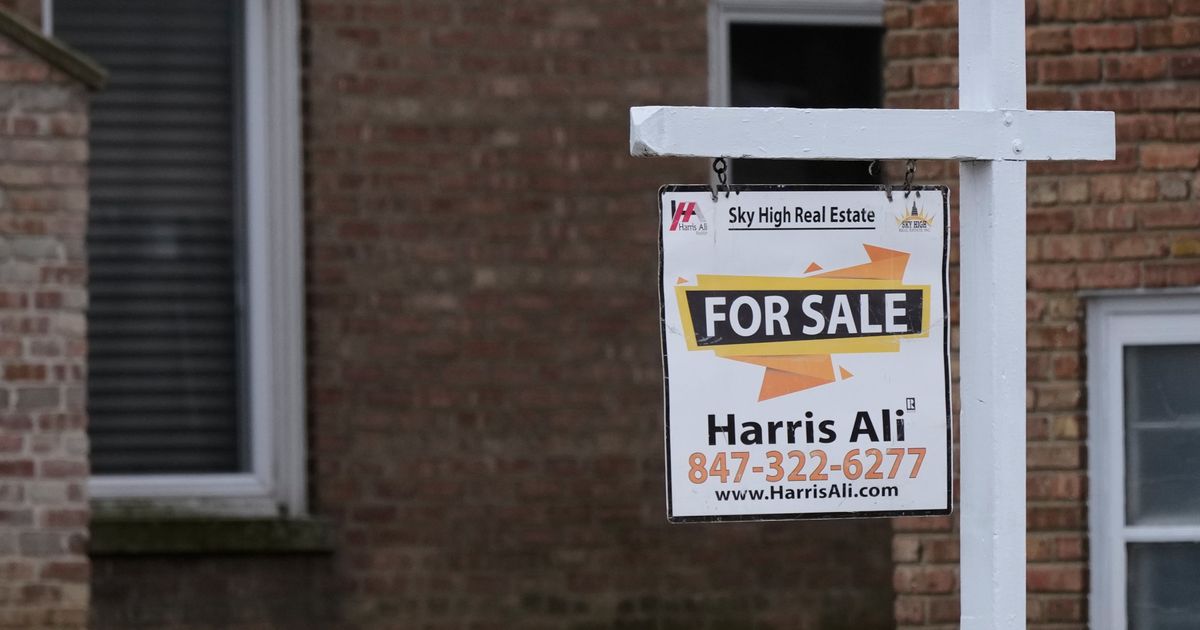Tacoma voters will face a decision between two competing rental measures this fall after a City Council vote advanced both of them — a move tenant advocates say could undercut their push for sweeping improvements to tenants rights.
After an hourslong debate Tuesday evening, the Tacoma City Council voted to advance to the Nov. 7 ballot a citizen initiative that would make significant changes to landlord regulations in the city. At the same time, the council approved its own narrower set of changes and sent those to the ballot, too, as an alternative to the initiative.
“We believe that our proposal will make the greatest progress with the least negative consequences,” said Councilmember Catherine Ushka, who backed the city alternative, adding, “the time has come for the people to decide.”
Tenant advocates who gathered more than 7,000 signatures for the citizen initiative decried the effort as a gift to landlords that would confuse voters.
Putting the city’s proposal on the ballot would turn it “into a weapon in the hands of the landlord lobby to try and sabotage our coalition efforts,” said Ty Moore, campaign manager for the group leading the initiative, Tacoma for All.
The debate comes as Tacoma continues to face the pressures of growth and rising housing costs. Between 2016 and 2019, Tacoma rents increased 21% while renter incomes climbed just 12%, according to a 2021 city report. A waitlist for affordable rentals from the city’s public housing authority stretched to 6,500 households. The pandemic only exacerbated those challenges in cities like Tacoma, as renters flocked to more affordable areas outside Seattle.
Meanwhile, Seattle and nearby cities have enacted an array of new tenant protections, from requiring more advanced notice of rent increases and capping move-in fees and late fees to limiting certain evictions. The citizen initiative aims to bring similar rules to Tacoma.
The November ballot will first ask Tacoma voters if either of the two competing measures should be enacted and then will ask them to choose between the two measures.
The citizen initiative would adopt many rules already in place in Seattle: requiring landlords to give six months’ notice of rent increases and pay relocation assistance if tenants move out after certain rent increases; capping late fees at $10; and limiting many evictions during the school year and winter months.
The amount of relocation assistance would vary based on the rent increase, ranging from two months’ rent for a 5% hike to three months’ rent for an increase of more than 10%, an acknowledgment “of the additional time required to find replacement housing when a tenant’s current rent is below market rate,” the initiative says. Unlike Seattle’s means-tested program, relocation assistance would be available to all tenants, regardless of their income.
The City Council ordinance will instead require four months’ notice of rent increases; limit late fees at 1.5% of rent up to $75; tighten some rules around tenant screening; and require landlords to have a city license in order to raise rent or evict tenants. When renting to new tenants, landlords can require tenants to prove their income only up to a certain amount: two-and-a-half to three times the rent, depending on the rent amount.
Council members approved that ordinance Tuesday, meaning it will go into effect in the coming weeks in addition to appearing on the November ballot.
Councilmember Kiara Daniels denounced her colleagues’ “lack of action” on adopting broader tenant protections into law. “I think we can do better.”
Several landlords urged the council to go ahead with its proposal, arguing the rules in the citizen initiative would be too burdensome. Some council members argued voters should have options.
“My vote tonight to put this on the ballot is not to confuse voters. My vote tonight is to give voters a choice,” said Mayor Victoria Woodards, who is also a member of the City Council.
Tacoma convened a stakeholder group to work on rental housing regulations in 2018 and has implemented various policies since. After Tacoma for All began gathering signatures to appear on the ballot, city leaders met with the group, but those talks failed to produce a deal.
Tacoma for All organizers said council members either opposed their proposals or feared the city could face legal challenges. In response, several local tenant attorneys disputed the city’s legal risk.
















